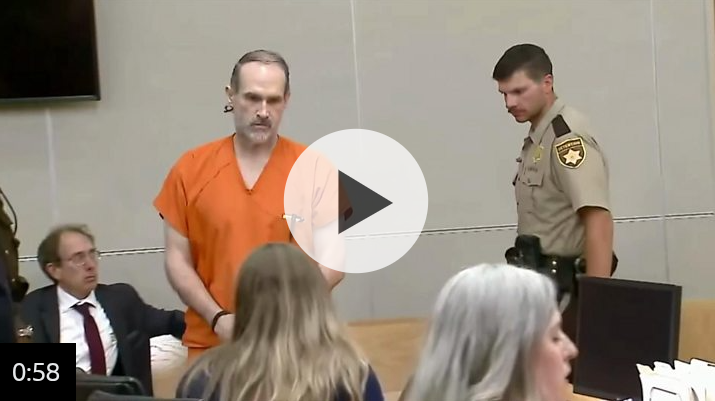El Salvador’s Bold Plan to Accept US Criminals and Deportees Sparks Controversy
El Salvador has reached a groundbreaking agreement with the United States to house violent criminals and accept deportees of any nationality, a move that has drawn both praise and criticism. The announcement was made by US Secretary of State Marco Rubio following a meeting with Salvadoran President Nayib Bukele. This unprecedented deal aligns with the Trump administration’s stringent immigration policies but raises significant legal and ethical concerns—particularly regarding the potential deportation of US citizens and non-Salvadoran migrants. The agreement is expected to reshape both nations’ approach to crime and immigration, but its feasibility remains uncertain.
As part of the deal, El Salvador will continue accepting its own nationals who are deported after entering the US illegally. However, the agreement extends far beyond that by allowing the country to take in foreign criminals who have been residing unlawfully in the United States, including members of notorious gangs such as MS-13 and Tren de Aragua. In a particularly controversial provision, Bukele has also offered to incarcerate dangerous American criminals—both citizens and legal residents—within El Salvador’s prison system in exchange for financial compensation from the US government. This aspect has sparked fierce debate, as US law generally prohibits the deportation of its own citizens, raising concerns about the deal’s legal standing.
President Bukele confirmed the agreement via social media, stating that only convicted criminals, including US citizens, would be placed in the country’s largest prison facility, the Terrorist Confinement Center (CECOT). He emphasized that the financial support from the US would help sustain El Salvador’s prison system. While this aligns with Bukele’s ongoing crackdown on crime, human rights organizations have expressed alarm over the proposal. Critics argue that El Salvador’s prisons are already plagued by overcrowding and harsh conditions, which could worsen with an influx of foreign prisoners. The US State Department has previously warned about the deteriorating human rights situation within Salvadoran detention facilities, citing risks to inmates’ health and safety.
Supporters of the deal, including some Trump administration officials, view it as a practical solution to reducing gang violence in both countries. Billionaire entrepreneur Elon Musk even praised the initiative, calling it a “great idea.” However, critics argue that it sets a dangerous precedent, with some legal experts warning that sending individuals to a country they have no ties to could violate international human rights laws. Latino advocacy groups have strongly opposed the agreement, arguing that it disregards the rights of non-criminal migrants and treats them as disposable. Many experts are also questioning the legal justification for deporting US citizens or relocating individuals to a country that is neither their home nor a transit nation.
This agreement comes amid a broader push by the Trump administration to tighten immigration laws and deport undocumented individuals more aggressively. It also bears similarities to previous proposals for a “safe third country” arrangement, where asylum seekers would be sent to El Salvador rather than being processed in the United States. Although the plan is still in its early stages, it has already ignited heated debates over its legality, human rights implications, and potential impact on US-Latin American relations. Whether it will move forward or face legal roadblocks remains to be seen, but the controversy surrounding it is unlikely to fade anyti



